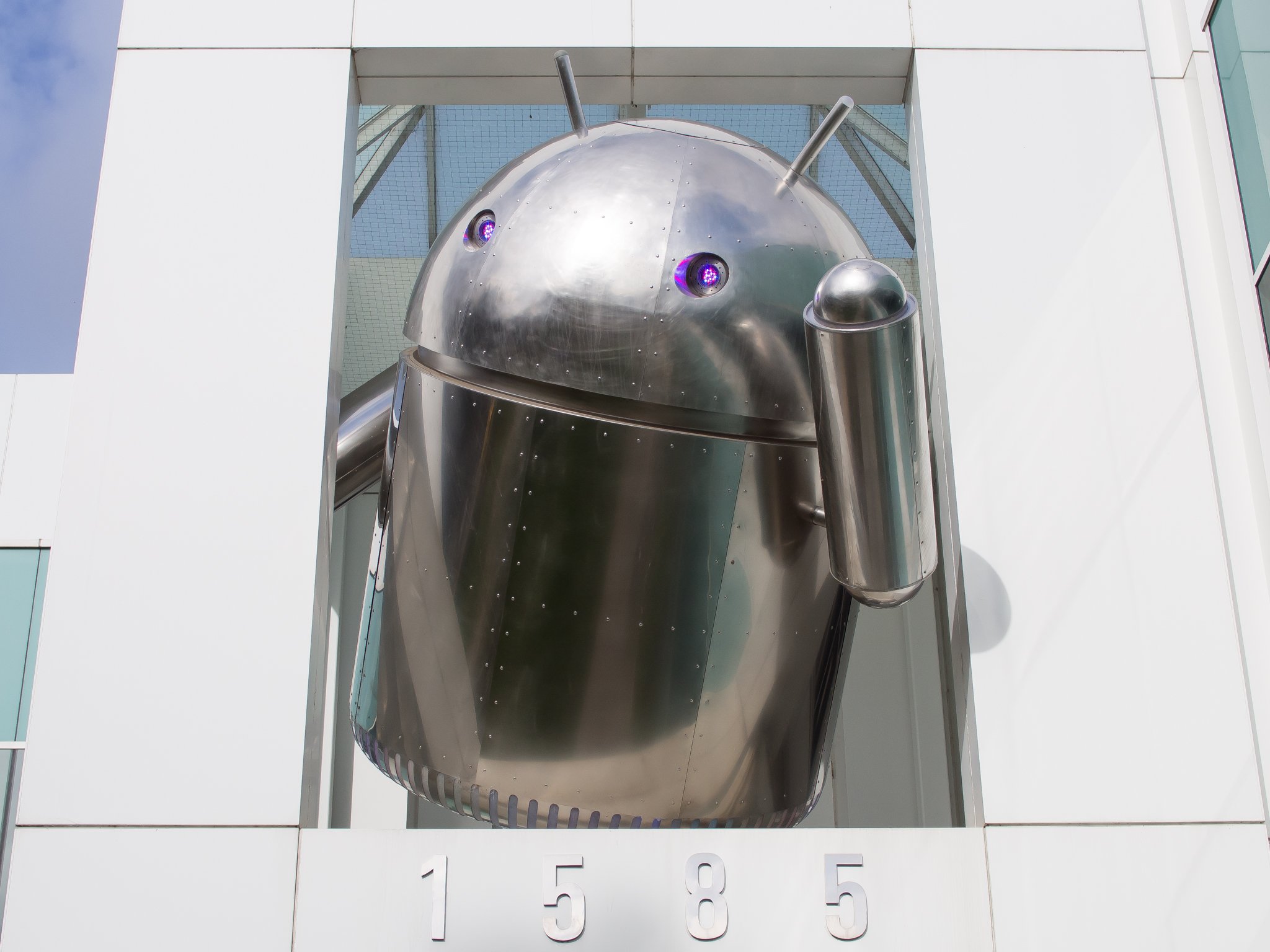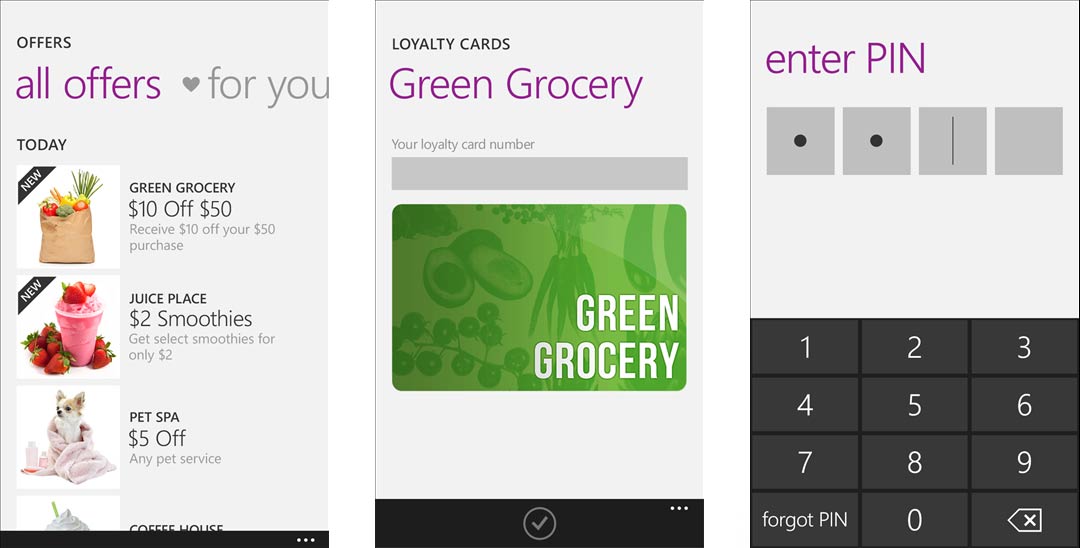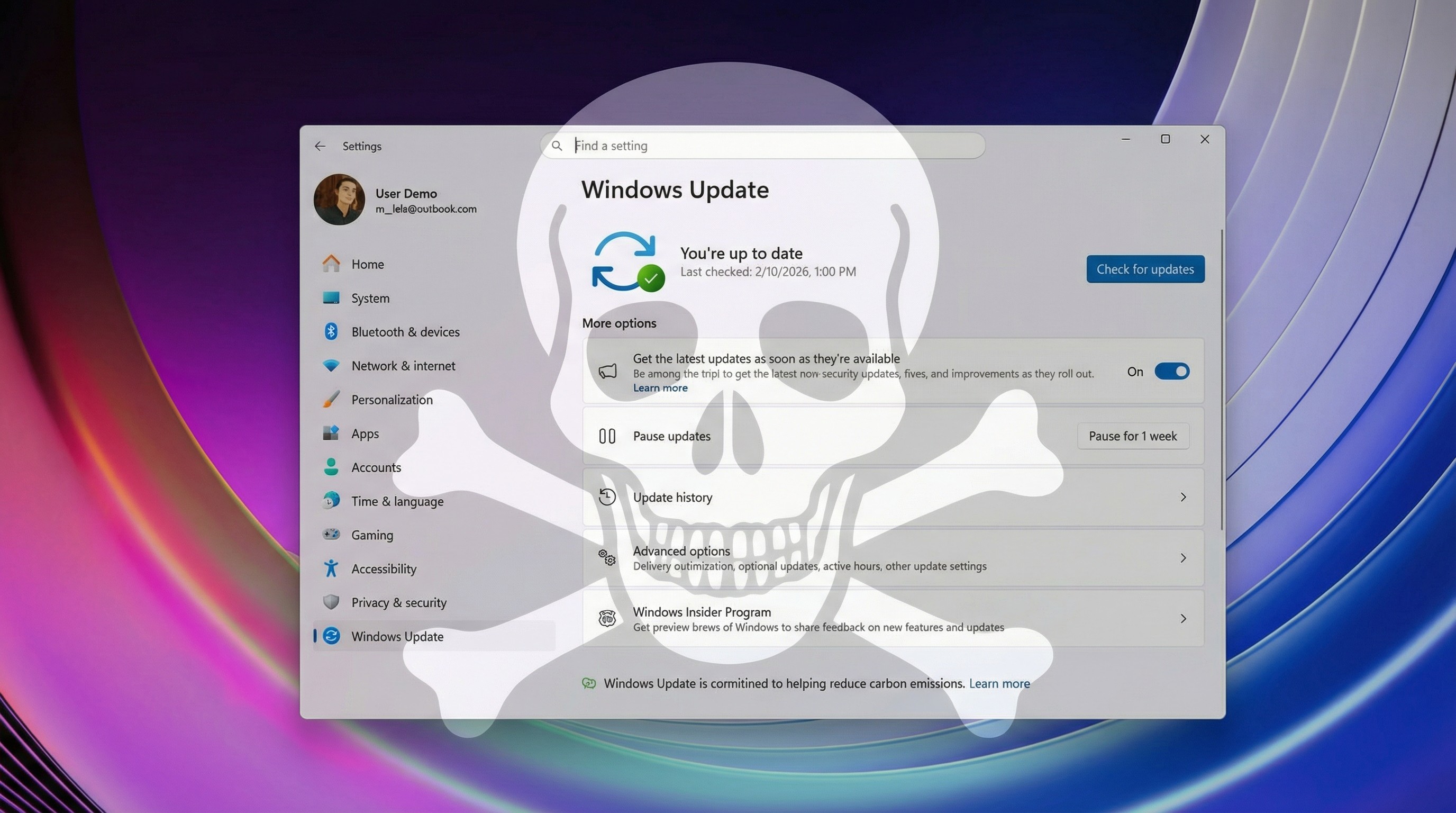In our face: Softcard ending support for Windows Phone as Google acquires tech
Have you heard the news? Google does not care for Microsoft nor Windows Phone. In fairness, this is not news, but if you need more evidence of their antagonism, look no further than Softcard.

All the latest news, reviews, and guides for Windows and Xbox diehards.
You are now subscribed
Your newsletter sign-up was successful
On Monday, Google announced that they had purchased "technology and intellectual property" from Softcard, essentially acquiring the core of that company's product line. The effort is likely a desperate move to catch up to Apple Pay, which is picking up commercial adoption by many banks and retail outlets.
Softcard is also available in the US for Windows Phone, specifically with Verizon and AT&T being supporters. In fact, the apps only recently became available (although our personal experience with their service was not exactly awe-inspiring). The fate of Softcard for Windows Phone though was not known until now.

Softcard has now made it official: the Windows Phone Softcard app is hereby cancelled. From their FAQ section:
"The Softcard for Windows Phone app will also be terminated. A specific termination date will be provided soon."
No mincing of words there at all. Of course, Softcard no longers owns the technology behind their app, so this makes sense that they will abandon the product. Google is expected to merge the Softcard technology into their own pay system, making the standalone app redundant..

We suppose if you folks need fuel for your anti-Google fire, the Mountain View company just gave you a barrel full. Sound off in comments about their decision and what this means for the Google-Microsoft relationship long term.
Update: Article clarified. Google does not own Softcard, merely their technology behind their services. As such, Softcard discontinuing support for their product is expected, as Google is evidently not interested in continuing the product line for Windows Phone.
Source: Google/Softcard; Thanks, Matthew V., for the tip!
All the latest news, reviews, and guides for Windows and Xbox diehards.

Daniel Rubino is the Editor-in-Chief of Windows Central. He is also the head reviewer, podcast co-host, and lead analyst. He has been covering Microsoft since 2007, when this site was called WMExperts (and later Windows Phone Central). His interests include Windows, laptops, next-gen computing, and wearable tech. He has reviewed laptops for over 10 years and is particularly fond of Qualcomm processors, new form factors, and thin-and-light PCs. Before all this tech stuff, he worked on a Ph.D. in linguistics studying brain and syntax, performed polysomnographs in NYC, and was a motion-picture operator for 17 years.
